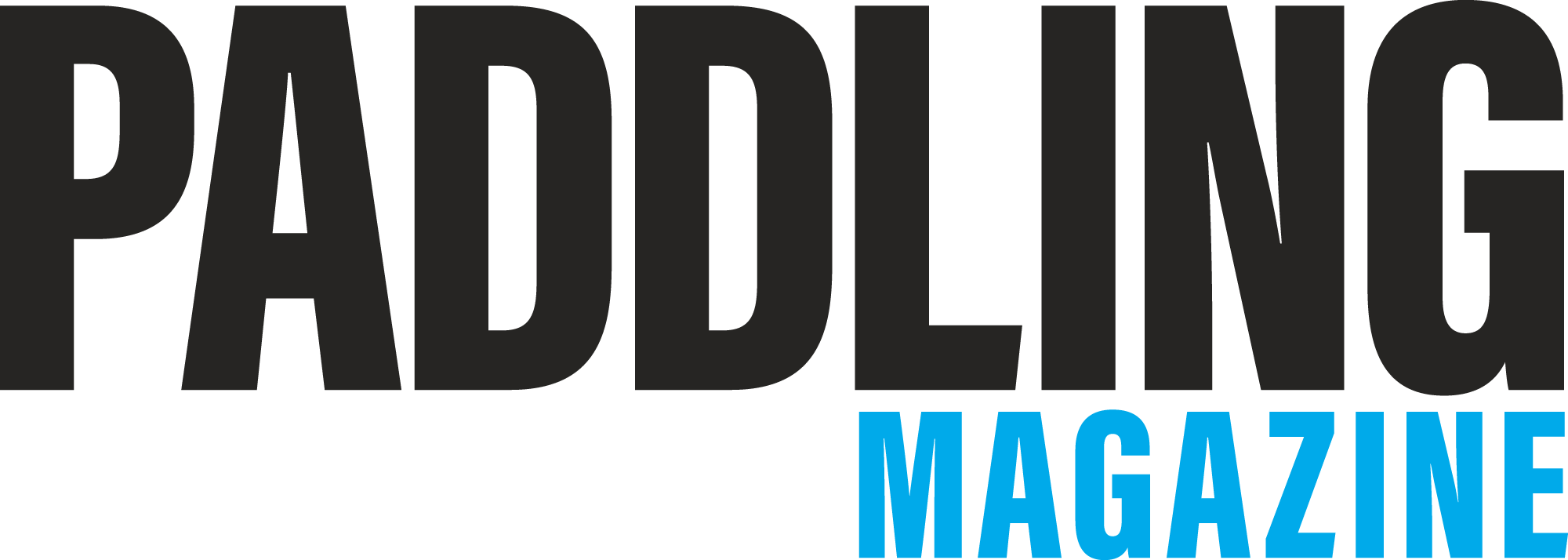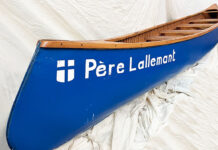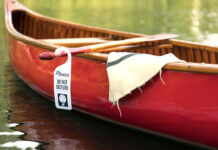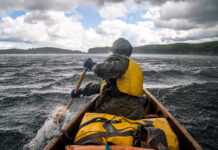A while back, a publisher sent me a manuscript for review that eventually became the book, Inheriting a Canoe Paddle: The canoe in discourses of English Canadian nationalism. I didn’t particularly like what author, University of Victoria English professor Misao Dean, had to say about the canoe as a vessel of conquest.
In the book, Dean alleges the canoe to be a symbol of theft, genocide and colonialism, appropriated by mostly white, middle and upper class men. She charges that by turning the canoe into a symbol synonymous with the natural world, we’ve disassociated ourselves from the crimes the Canadian government and Canadians committed against First Nations.
While I chafed at the post-structuralist language she used to make her argument—and that she pointed to romantics like me as perpetuators of the idea of the canoe as a “morally untouchable symbol”—I knew at the core of what she had to say was a perspective all canoeists must engage.
Fast forward to 2016. I ran into Jim Brown, the irrepressible host of contrarian radio program, The 180. “Got any contentious canoe stories?” he asked. Did I ever. I tipped him off that Dean would be sure to put the contrarian post-modern cat amongst the self-possessed paddling pigeons.
Following the radio program, response to Dean’s thesis blew up. Reaction was swift and largely furious, expressing vitriol that would never be used in face-to-face conversation. Even Fox News picked up the story.
The recent findings of the Canadian Truth and Reconciliation Commission call for a long overdue righting of historic wrongs put upon North American Indigenous by those of us who followed Columbus in 1492. The central message of the TRC Report is that these transgressions are so deeply seated in our ways of thinking and so seamlessly integrated into the decision-making structures of our governments as to be totally invisible. We see, hear and experience ongoing consequences of conquest and still, for the most part, configure trauma in Indigenous communities as problems for “them” to solve.
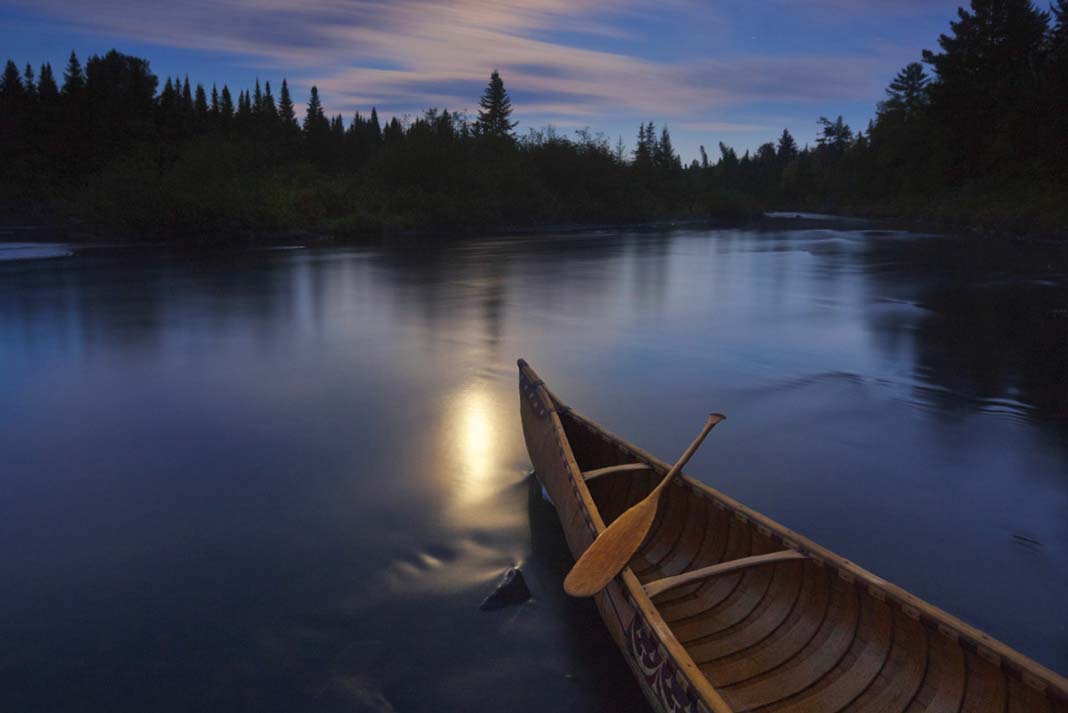
The ongoing legacy of colonialism is not their problem. It is our problem—it belongs to us all. And it’s high time we started taking collective action to reinvent ourselves, as individuals, as communities and as nations. The trouble is finding workable ways to turn that desire to become part of the solution into our everyday lives. That’s where the canoe has massive untapped potential.
Canada is a river of nations flowing through a nation of rivers. The canoe in all its forms is still the often best and most appropriate way to get around. It’s also something that Indigenous and settler peoples of every stripe have in common. Whether in Albuquerque or Attawapiskat, we are all in the same proverbial boat. If we are to reconcile successfully, all paddlers need to pull together. That means listening to all well-considered voices, including Misao Dean. While I respectfully disagree with much of Dean’s views on the canoe, she does say some things that are worth repeating.
Toward the end of The 180 interview, the host asks what the author would like paddlers to do.
“When they go to their put-in points, when they plan their trips, they should ask themselves, ‘Whose traditional territory is this? How did it get to be in public domain? How do I feel about the fact that kind of narrative was done in my name?’” says Dean. “Look online and see where you can support the struggles of Indigenous people, for their legal rights, for their treaty rights and for their real valuation in Canadian culture.”
That’s a sentiment all canoeists can get behind.
 James Raffan is the director of external relations for The Canadian Canoe Museum in Peterborough, Ontario. Watch THE CANOE, an award-winning film that tells the story of Canada’s connection to water and how paddling in Ontario is enriching the lives of those who paddle there. #PaddleON.
James Raffan is the director of external relations for The Canadian Canoe Museum in Peterborough, Ontario. Watch THE CANOE, an award-winning film that tells the story of Canada’s connection to water and how paddling in Ontario is enriching the lives of those who paddle there. #PaddleON.
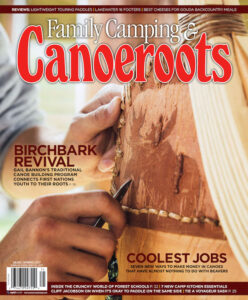 This article originally appeared in Canoeroots Spring 2017 issue.
This article originally appeared in Canoeroots Spring 2017 issue.
Subscribe to Paddling Magazine and get 25 years of digital magazine archives including our legacy titles: Rapid, Adventure Kayak and Canoeroots.

